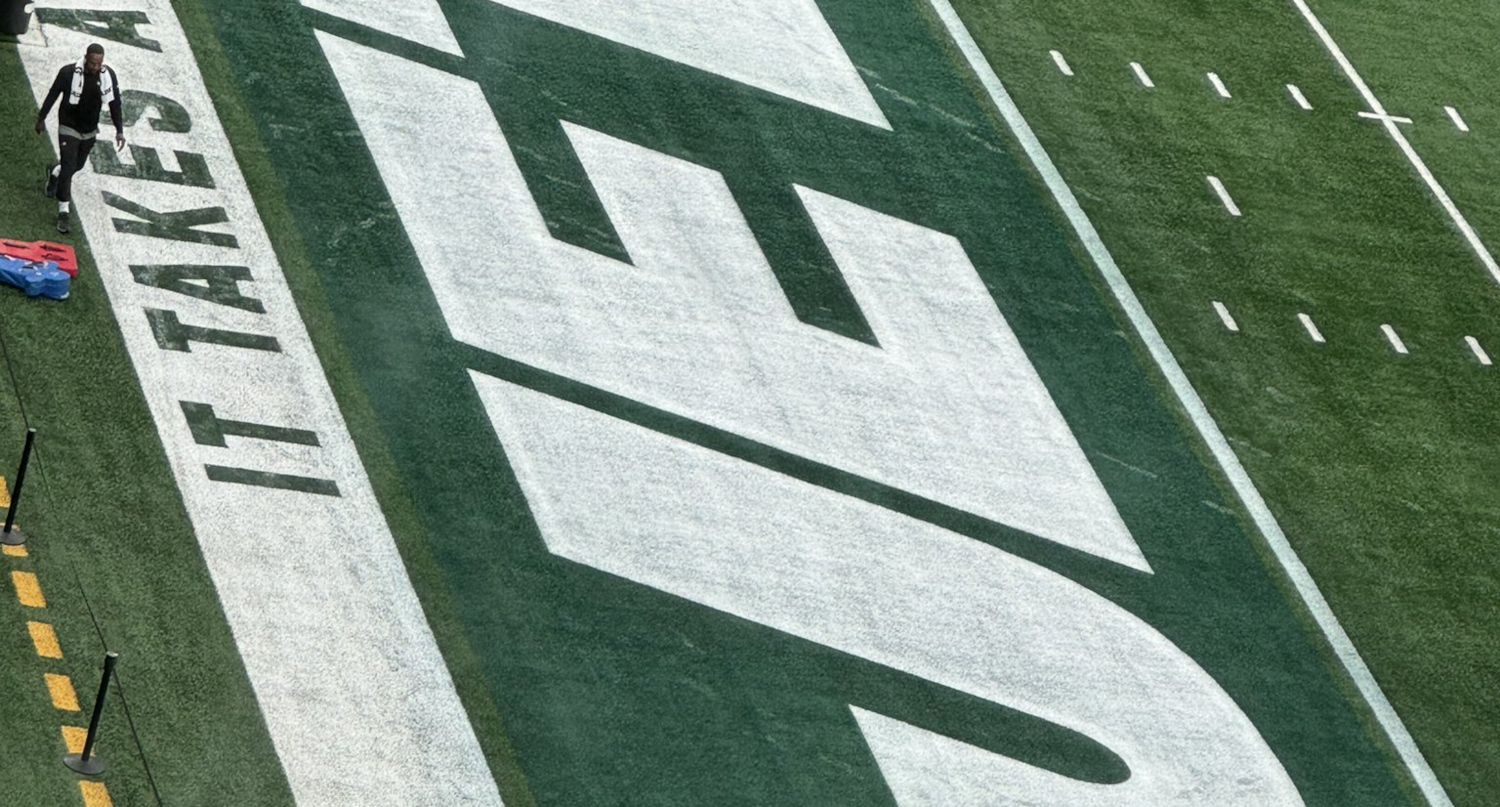Bob Knight, like the rest of us, was not simply one thing. Put him in a category if you want, but that will not provide a holistic picture of the man— or anyone. Human beings are an intricate, inexplicable, and sometimes frustrating mix of contradictions.
There have been several obituaries and thoughtful observations about the former Indiana University coaching legend who died this week at the age of 83. Many focused on the positive because that’s what we tend to do. No one wants to speak ill of the dead.
Knight could be loyal, generous, and captivating. If you were a player, assistant, or friend in need, few people had your back quite like him. Just look up the stories about what he did for Landon Turner, a former Indiana player who became paralyzed after a tragic car accident. Knight could also be petty, vindictive, and a bully. Just read the stories about him having falling-outs with Mike Krzyzewski and Steve Alford. His unpredictable mood swings even had a nickname: BK Theatre.
Knight —for reasons he took to his grave— chose to let the outside world see more of his darker side. He seemed to take an unusual delight in intimidation. Some might opine that this personality trait helped him win three national championships. Perhaps. Or maybe it’s a rationalization as we try to make sense of a coach who demanded discipline from others but often lacked self-control.
It didn’t have to be that way. It’s a shame that his behavior sometimes eclipsed his on-the-court accomplishments and off-the-court good deeds. Knight deserved to leave Bloomington, IN on his own terms. The very best of Knight is what we should all aspire to— achieving our goals, impacting the lives of young people, and doing so as a person of principle.
Those are lofty standards to live up to. Humans often stumble, and Knight’s flaws led to his downfall. Officially, Knight was fired from Indiana in September 2000 for physically confronting a student, which was a violation of the zero-tolerance policy he agreed to due to past conduct. Unofficially, he was likely ousted because the people in the administration who had previously protected him were gone, and Knight wasn’t winning like he used to.
Knight’s second act as Texas Tech’s coach was like seeing Michael Jordan in a Washington Wizards uniform. We acknowledge it happened, but we don’t talk about it much.
The college basketball world was evolving, and Knight was reluctant to adapt. The pool of players willing to accept the drill sergeant methods of The General was shrinking. The game hadn’t completely passed him by, but he could no longer keep up with athletic and societal changes.
The Bob Knight at the height of his powers in the 1970s and 80s, could not and would not exist today. Still, several older Indiana fans cling to nostalgia. They’d rather remember the good Knight than the ornery one. That’s something we can all relate to.
Knight and Indiana famously reconciled, returning to Assembly Hall in February 2020. Time and poor health had taken its toll. He was a slower-moving, older gentleman, no longer menacing. He received almost universal positive attention for the first time in a long time.
It shouldn’t have taken two decades for Knight to bask in that moment. But he notoriously held a grudge. In a perfect world, the Hall of Fame coach would have received warm praise when his mental facilities were still sharp. That’s the storybook version of a life story. It’s also what most of us crave but often don’t get.
The way Knight lived his life made him difficult to embrace. We’re left eternally wondering why he spoke and acted in ways that were absolutely unnecessary. Knight was, as Jay Bilas called him, “an American original.” But in some respects, he was also just like many of us— a human being others are still struggling to fully understand.







